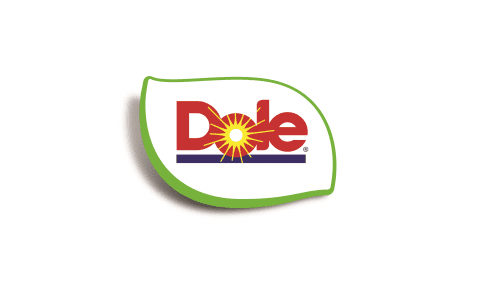Google Penalty Recovery
If you think you have been penalized by Google, we can help.
When your website is hit by a Google penalty, the impact can be devastating – sudden drops in rankings, plummeting organic traffic, and a direct hit to revenue. Attempting to recover without expert guidance can make the situation worse.
As a specialist Google penalty agency, we’ve helped businesses of all sizes recover from both manual and algorithmic penalties. Our team of Google penalty consultants conduct forensic audits to identify the root cause, whether that’s toxic backlinks, thin content, or technical violations.
With a proven process for Google penalty recovery, we work quickly to clean up issues, submit detailed reconsideration requests where necessary, and rebuild your site’s credibility in the eyes of Google. If your business has been penalised, our Google penalty experts can help you bounce back stronger.
Our Google Penalty services are trusted by 400+ world-class brands and organisations globally
Examples of major algorithm updates
Google’s algorithm updates can dramatically impact website performance. A well-known example is Penguin (2012), which penalised unnatural and spammy backlinks. Many businesses relying on link farms or poor-quality networks saw rankings collapse overnight.
Since then, Google has rolled out a series of major updates, each targeting different aspects of search quality:
- Panda (2011) – Focused on thin or low-quality content.
- Penguin (2012) – Targeted manipulative link-building practices.
- Hummingbird (2013) – Improved natural language processing and search intent matching.
- Pigeon (2014) – Refined local search results.
- Mobile-Friendly / “Mobilegeddon” (2015) – Prioritised mobile-optimised websites.
- RankBrain (2015) – Introduced machine learning into search ranking.
- Medic Update (2018) – Impacted health and YMYL (Your Money, Your Life) sites, focusing on E-E-A-T (expertise, authority, trust).
- BERT (2019) – Enhanced understanding of context in queries.
- Core Web Vitals (2021) – Prioritised page experience, loading speed, and interactivity.
- Helpful Content Update (2022) – Penalised unhelpful, thin, or AI-generated content.
- Spam Updates (ongoing) – Target link spam, cloaking, and manipulative practices.
- Broad Core Algorithm Updates (ongoing) – General updates improving overall search quality.
As a specialist Google penalty recovery agency, we track these updates in real time and act quickly to diagnose and resolve issues before they cause lasting damage to your business.
Identifying the penalty
Our Google penalty consultants carry out a forensic SEO audit to pinpoint exactly why your site was penalised. Whether it’s toxic backlinks, thin content, or technical violations, we uncover the root cause and create a tailored Google penalty recovery plan.
resolving the issue
Once identified, we use proven, white-hat methods to resolve the problem. From backlink clean-ups and disavow submissions to content optimisation, our Google penalty experts take the steps required to restore your site’s credibility and rankings.
Google guidelines
Recovery is only the first step. As an experienced Google penalty agency, we ensure your site follows Google’s guidelines moving forward, putting proactive measures in place to reduce risk and keep your business protected from future penalties.
What can I do if my website has been affected?
Being hit by a Google penalty isn’t the end of the world. With the right support, your site can recover – and even come back stronger. Our Google penalty recovery experts follow a proven process to restore visibility and protect your business:
- E-E-A-T compliance – Aligning your site with Google’s focus on expertise, experience, authority, and trust to meet search intent.
- Backlink analysis – Forensic review of your backlink profile to identify toxic, irrelevant, or harmful links.
- Link removal plan – Actioning removal requests, submitting disavow files, and verifying that damaging links are cleaned up.
- Future-proofing – Building only relevant, high-quality links through content marketing such as white papers, thought leadership, and infographics.
- Content auditing – Identifying and addressing duplicate, thin, or low-value content that may be dragging your rankings down.
With an experienced Google penalty consultant guiding the process, you can recover lost rankings and safeguard your site against future penalties.

Real-time fluctuations
Not every drop in rankings is caused by a penalty. Google’s search results are dynamic and can fluctuate in real time due to testing, personalisation, or ongoing algorithm tweaks. These short-term movements are normal and usually correct themselves without intervention.
As experienced Google penalty consultants, we distinguish between harmless fluctuations and genuine penalties. Our team monitors your performance closely to identify whether changes are part of normal volatility or require a structured Google penalty recovery plan. This ensures you don’t waste time and resources reacting to noise – and only act when there’s a real issue affecting your business.
If you are not sure, drop us a line and we can check for you.












